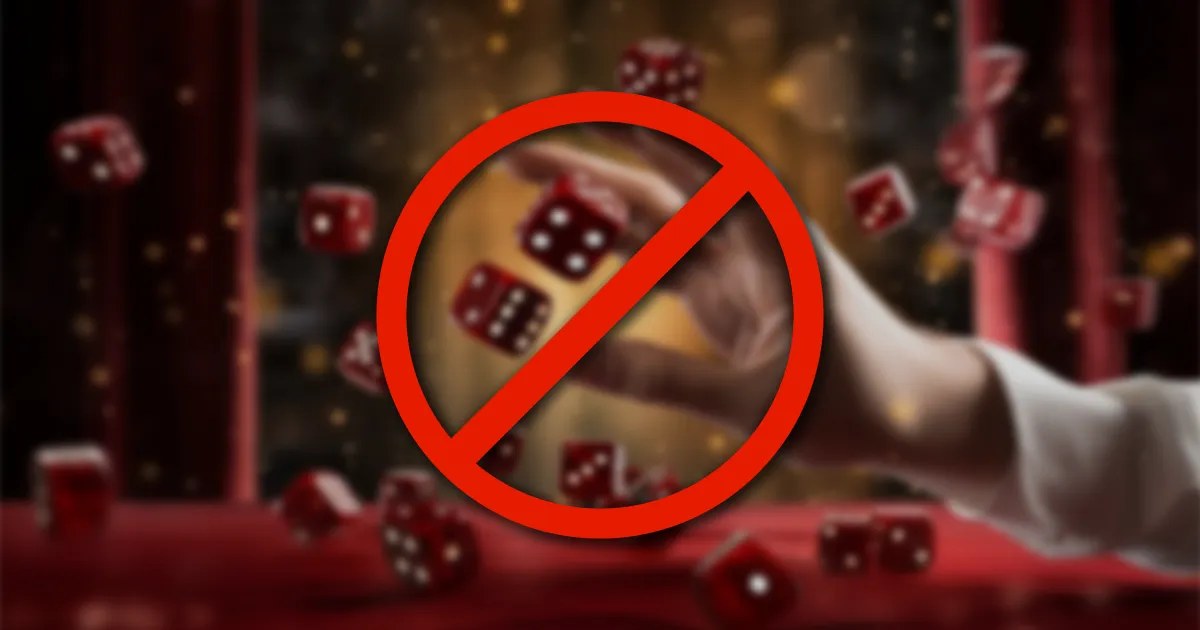Dutch and Belgians increasingly opt for a gambling ban
The number of people who voluntarily exclude themselves from gambling continues to grow in both the Netherlands and Belgium. In the Netherlands, more than 81,000 people have now registered in Cruks. The system that excludes players from participating in games of chance. In Belgium, we see a similar trend. More and more people are choosing to apply for a gambling ban.
Cruks is growing explosively in the Netherlands
Three years ago, on October 1, 2021, Cruks was introduced in the Netherlands. This register is intended for people who no longer want or are able to gamble and therefore exclude themselves from all legal gambling providers. In the first few weeks, registration was a bit difficult, but that changed quickly. Where Cruks had around 1,600 registrations after two weeks, the counter was already at more than 10,000 after five months.
Now, three years later, Cruks has no fewer than 81,618 registrations. The system now works much more smoothly than it did in the beginning. Since April 2023, the counter on the Cruks website has even been updated daily, so that everyone can see exactly how many people have excluded themselves from gambling. This shows how seriously more and more Dutch people are taking the problem of gambling addiction.
Also a significant increase in self-exclusions in Belgium
It is not only in the Netherlands that people struggle with gambling addiction. In Belgium, too, the number of people who exclude themselves from gambling has increased significantly. In 2020, 4,796 Belgians requested a gambling ban. In 2023, that number will have doubled to 9,330. These figures were released by Minister Van Tigchelt, who responded to a question from MP Barbara Pas.
Pas emphasized the growing gambling problems, especially among young people. She pointed to a study by the Belgian Gaming Commission. This shows that a quarter of young adults are tempted to gamble by gambling advertisements. More than half of respondents even indicated that they have gambled in the past three years. 13% do so daily.
How does self-exclusion work in Belgium?
In Belgium, it is relatively easy for gamblers to exclude themselves from casinos and betting shops. This can now even be done via the ‘itsme’ app, which makes the entire process even more accessible. Since this option was launched at the end of 2021, we have seen a clear increase in the number of self-exclusions. This measure helps gamblers to protect themselves against the risks of gambling addiction.
However, experts point out that the actual scale of the problem may be even greater. The number of people opting for self-exclusion remains low compared to the millions of active gambling accounts in Belgium. In 2021 alone, more than 2.2 million accounts were registered at casinos with an A license. This means that self-exclusion is far from being used by everyone.


